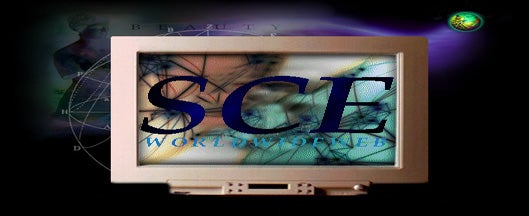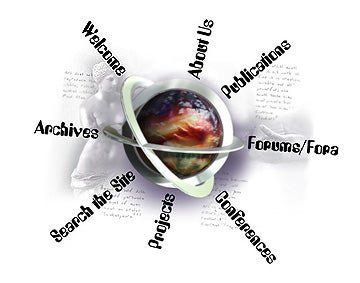

Intellectual Property and the Construction of Authorship: The National Information Infrastructure and the Coalition for the Digital Future a report by Peter Jaszi
In recent months, I have been more and more actively involved in trying to put some of the lessons of the project into practice, by organizing teachers, scholars and others to become more involved in the political process around intellectual property issues. One of the copyright "reform" bills now pending (H.R. 2441/S. 1284) is designed to give "content providers" like publishers, movie companies and record companies greater legal protection when they distribute their works over digital networks (including the Internet). The proposed legislation, in turn, grows out of a controversial White Paper on copyright and the "National Information Infrastructure" (NII) issued late last summer by an Administration study group. Opponents of the new proposals believe that (among other things) they could threaten the continuation of a wide range of important scholarly and academic activities in the digital environment. In particular, the imposition of a higher level of copyright discipline on digital communications could mean cutbacks on "fair use" and could threaten the development of new "distance learning" technologies. It could also mean that libraries will be unable to give patrons the kind of access to digital materials which they historically have provided to analog ones. And the possibility that "access providers" could be held liable for copyright violations committed by their subscribers raises civil liberties concerns, since it could result in organizations from America Online to university computer departments being forced to monitor e-mail traffic to screen out potential infringements.
There is presently another bill before Congress, the "Copyright Term Extension Act of 1995" that will extend copyright an additional 20 years. Under this bill, copyright would be for the life of the author plus 70 years post mortem. Consequently, hundreds of thousands of letters, manuscripts, out-of-print books, forgotten films, and other materials dating back to the 1920s and 1930s--materials which would otherwise have entered the public domain--would be returned to copyright. If it passes, the bill will put a stop to countless scholarly and educational projects, prospective as well as in progress, that make use of copyrighted materials without producing any benefits in the balance. By the time SCE members read this description, the "Term Extension" bill will in all likelihood be law, in part because organizations like ours did not express their reservations in a timely fashion. However, there is still time to intervene in the deliberations on the NII bill, and it is vital that we do so.
I've helped to put together a new, broad-based organization, the Digital Future Coalition (DFC), which has been formed to oppose passage of the "NII Copyright Protection Act of 1995" in its present form. The DFC describes itself as a diverse coalition of national groups representing copyright holders and users of copyrighted materials, including: educators, educational administrators, librarians, technology companies, civil liberties organizations, consumers and creators. The DFC Website contains a wealth of information about the legislation and the various critiques of it -- as well as links to more.
The "NII Copyright Protection Act of 1995" has bipartisan support in Congress, as well as Administration backing, and there are certain to be serious attempts to enact it into law before the end of this congressional session. So it is important for groups and individuals who think that the proposals it contains might be of concern to them to inform themselves and to communicate their views to their Representatives and Senators. Too often in the past, our community has watched the process of copyright law reform from the sidelines, and then had the opportunity to repent in leisure. This time around, it is still not too late to be heard.
Additional Members of the CDF include: The Alliance for Public Technology, the American Association of Law Libraries, the American Council of Learned Societies, the American Committee for Interoperable Systems, the American Historical Association, the American Library Association, the Art Libraries Association of North America, the Association of American Geographers, the Association of Research Libraries, the Consumer Project on Technology, the Committee of Concerned Intellectual Property Educators, the Computer and Communications Industry Association, the Conference on College Composition and Communication, the Consumer Federation of America, the Consortium of Social Science Associations, the Electronic Frontier Foundation, the Electronic Privacy Information Center, Home Recording Rights Coalition, the Medical Libraries Association, the Modern Language Association, the National Council of Teachers of English, the National Education Association, the National Humanities Alliance, the National School Boards Association, and the Special Libraries Association.
Return to beginning of text 



